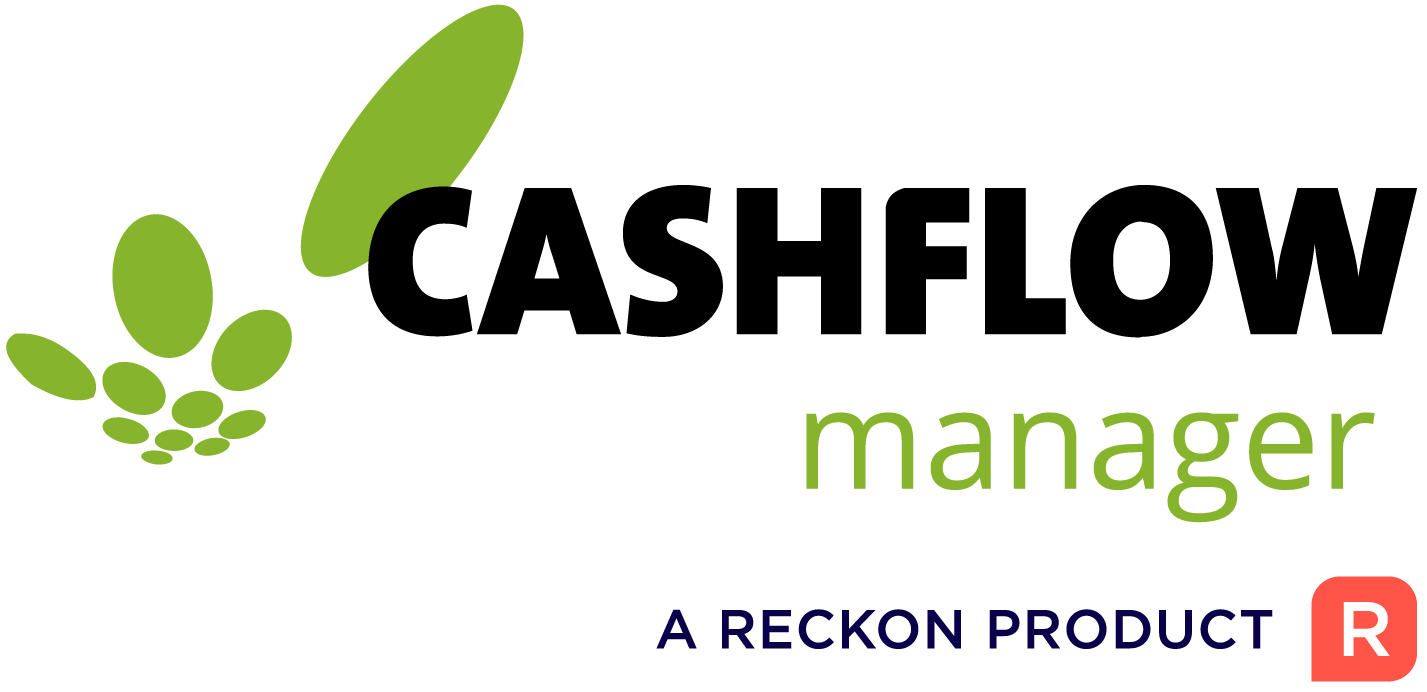
As the 30th June approaches, it's time to get your financial ducks in a row. The end of the financial year (EOFY) is an opportunity to tidy up your books, maximise deductions, and set your business up for success in the new year. Here are some practical tips to help you navigate EOFY 2025.
1. Maximise the Instant Asset Write-Off
If your business has an aggregated turnover of less than $10 million, you may be eligible to immediately deduct the business portion of the cost of assets costing less than $20,000, provided they are first used or installed ready for use before 30 June 2025.
This can include items like computers, tools, or office furniture. Purchasing and using these assets before the EOFY can reduce your taxable income.
2. Prepay Deductible Expenses
Consider prepaying expenses such as rent, insurance, or subscriptions before 30 June. Prepaying up to 12 months of these expenses can bring forward deductions into the current financial year, reducing your taxable income.
3. Review and Write Off Bad Debts
Assess your accounts receivable and identify any debts that are unlikely to be recovered. Writing off bad debts before EOFY ensures that your income is not overstated and that you're not paying tax on income you won't receive.
4. Superannuation Contributions
Ensure that all superannuation contributions for employees are paid and received by the super fund before the 30th June to claim a deduction in this financial year. Late payments may not be deductible until the next financial year.
5. Review Your Asset Register
Go through your asset register and write off any obsolete or no longer used assets. This not only cleans up your balance sheet but can also provide tax deductions for the written-off assets.
6. Stay Informed on Tax Law Changes
Tax laws and thresholds can change, impacting deductions and obligations. Stay updated on any changes relevant to your business to ensure compliance and to take advantage of any new opportunities. Check out the ATO’s latest news on tax policy and superannuation law and policy here.
7. Consult with a Tax Professional
Engaging with a qualified tax advisor can provide tailored advice specific to your business circumstances, ensuring you maximise deductions and remain compliant with all tax obligations. Looking for an accountant to manage your business? Check out our interactive map which lists accountants who use Cashflow Manager.
By proactively managing your finances and seeking professional advice, you can make the most of EOFY 2025, positioning your business for a prosperous new financial year.
Disclaimer:
This blog post is intended for general informational purposes only and does not constitute professional tax advice. It's essential to consult with a registered tax agent or qualified financial advisor for personalised guidance tailored to your specific circumstances.


